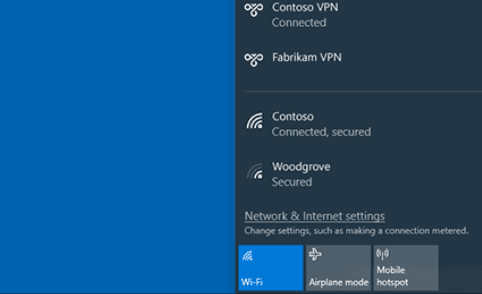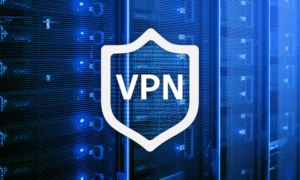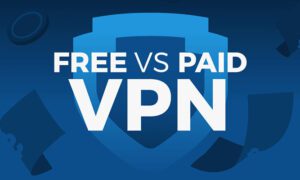Connecting to a VPN (Virtual Private Network) is a simple process that can help protect your privacy and security while browsing the internet. Here are the steps to connect to a VPN:
Choose a VPN provider: There are many VPN providers available, both free and paid. Choose one that meets your needs and sign up for their service, like a Planet VPN.
Download the VPN app: After signing up, download the VPN provider’s app onto your device. Most VPN providers offer Windows, Mac, iOS, and Android app.
Install the VPN app: Install the VPN app and follow the instructions provided by the app to set up your account and connect to the VPN.
Choose a server location: Most VPN apps allow you to choose a server location. This can help you access to content that is restricted in your location or bypass geo-restrictions. Choose a server location that meets your needs.
Connect to the VPN: After selecting the server location, click on the connect button to connect to the VPN. The app should indicate that you’re connected to the VPN, and your IP address and location should be different from your actual location.
Use your device as normal: Once you’re connected to the VPN, you can use your device as you usually would. Your internet traffic will be routed through the VPN server, which helps protect your privacy and security.
Disconnect from the VPN: When you’re finished using the VPN, open the VPN app and click on the disconnect button to disconnect from the VPN.
It’s important to note that some VPN providers may offer additional features, such as ad-blocking or malware protection. These features may be available within the VPN app, so be sure to explore the app and check out any additional features offered by your VPN provider.
In summary, connecting to a VPN is a simple process that can help protect your online privacy and security. By choosing a VPN provider, downloading the app, and connecting to the VPN, you can ensure that your internet traffic is encrypted and your online activities are protected.
Conclusion
In conclusion, connecting to a VPN is a straightforward process that can provide you with added privacy and security while browsing the internet. By choosing a reliable VPN provider, downloading their app, and connecting to a server location, you can encrypt your internet traffic and protect your online activities from prying eyes. It’s important to note that some VPN providers may offer additional features that can enhance your online experience. With a VPN, you can browse the internet with confidence, knowing that your online activities are protected.
Moreover, using a VPN can also help you bypass internet censorship and access content that is otherwise unavailable in your region. This is especially useful when traveling to countries with strict internet regulations or when accessing geo-restricted content such as streaming services. With a VPN, you can change your virtual location and access the internet as if you were located in a different country.
It’s worth noting that while a VPN can provide added security and privacy, it’s not a foolproof solution. Some VPN providers may keep logs of your online activities, and some governments may be able to intercept VPN traffic. Therefore, it’s important to choose a reputable VPN provider that takes your privacy seriously and has a no-logs policy.



































